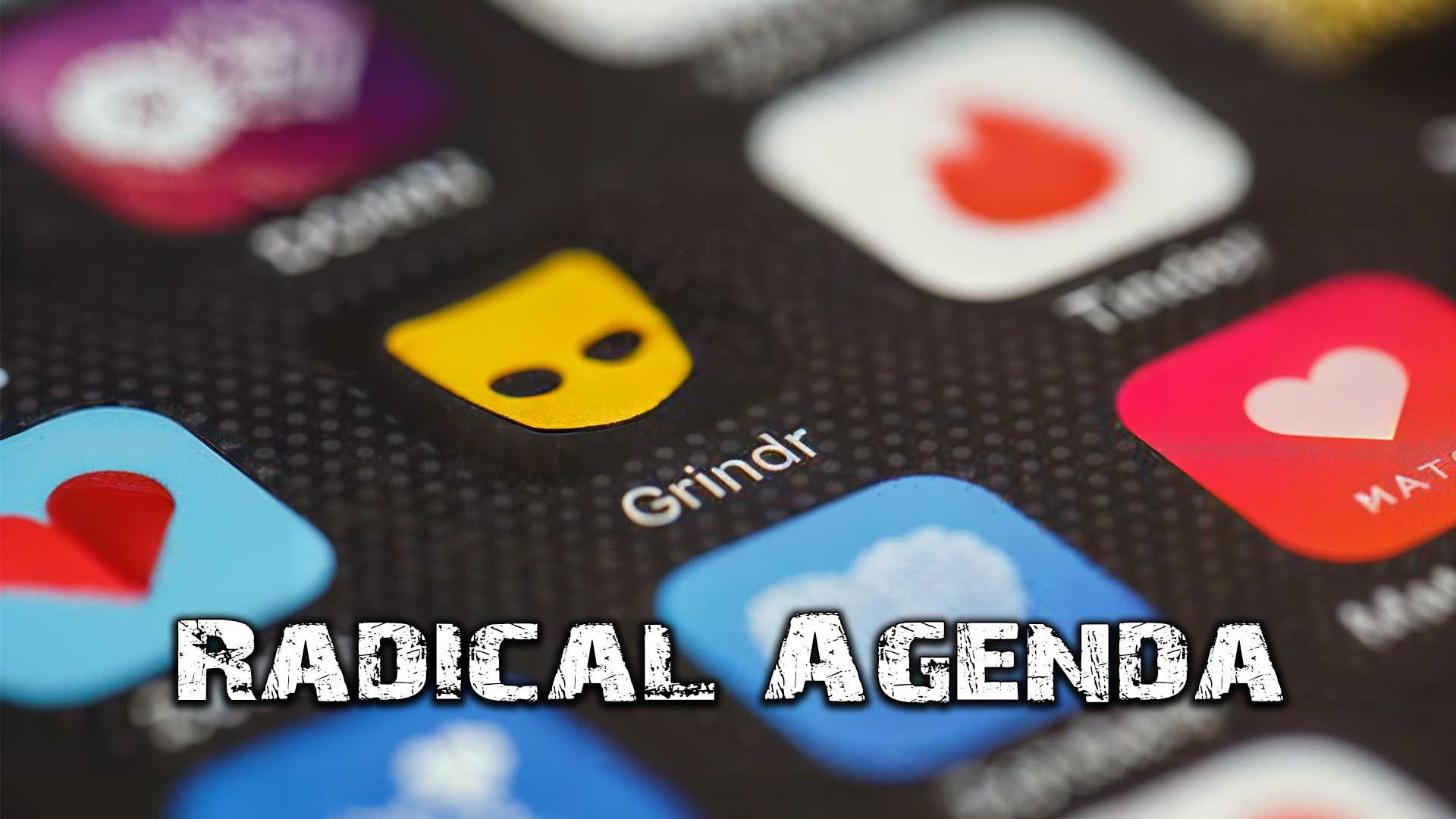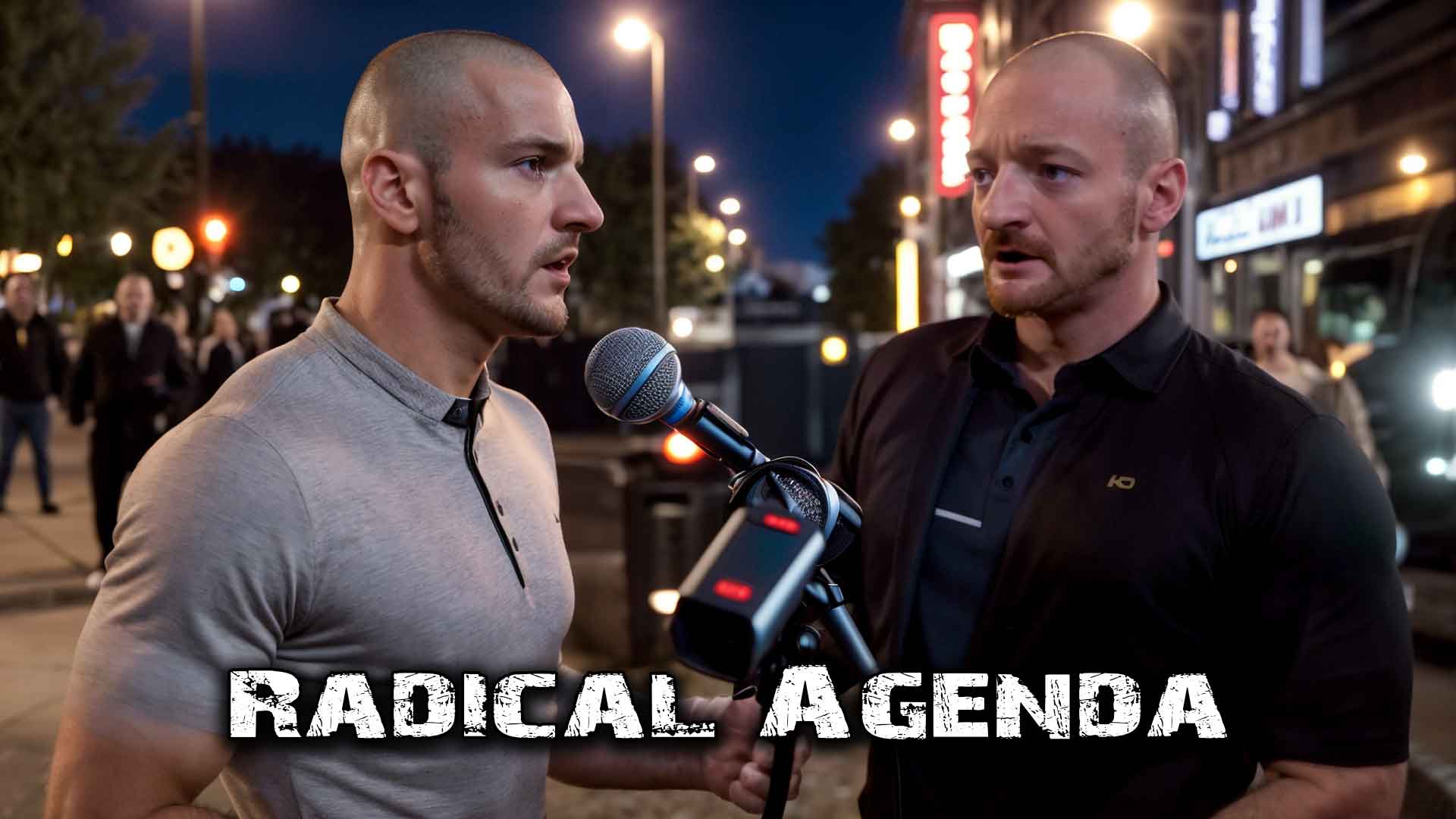Mindblown: a blog about philosophy.
-

Radical Agenda S06E069 – One in Three
Billionaire investor Ray Dalio says he estimates the chances of civil war in the United States to be roughly one in three. Given the day’s headlines, that seems charitable. The whole world is on the brink, as a Left wing fanatic has attempted to assassinate the Slovakian Prime Minister, Ukraine is unable to maintain their…
-

Radical Agenda S06E068 – Kids, Cops, & Broads
In mocking libertarians, it became a common joke to say “What if the child consents, though?” as a suggestion that libertarians were advocates of pedophilia. Like most of modern politics, the libertarians have gotten to the point that they are actually so absurd that you cannot mock them this way anymore. Even on the Right…
-

Radical Agenda S06E067 – Shuffle
No shortage of amusement in my reading of the news today. Elon Musk has stated that he will allow Nick Fuentes back on Twitter, and needless to say this has caused a great deal of consternation among Jewish war propagandists who fear being caught. Musk laughably stated that so long as one does not violate…
-

Radical Agenda S06E066 – News and Stuff
Here are some of the stories on my radar today; MA Middle School Responds to Trans Student’s Threats of Violence With Anti-Bias Training, ‘Empathy’ for the Student Ukraine uses long-range missiles secretly provided by US to hit Russian-held areas, officials say Tucker Carlson: There Is Systemic Racism in the U.S. – Against Whites! Ariel Henry…
-

Radical Agenda S06E065 – Dare Ya
TruthOut is a humorously named collection of left wing smut that carries the words of criminals and terrorists under the guise of news. There’s a fairly humorous piece I posted to Telegram recently, in which they cover the collapse of the NJP as if the confessed terrorist who wrote the piece could claim credit for…
-

Radical Agenda S06E064 – Sissy
I spent three hours talking to a cross dressing bisexual man from Grindr, and the results were not what anyone would expect. Tonight I’ll intro the show live. I’ll say a few things, and then I’ll play that recording. At the end, I’ll come back on live and take a few calls. I’ll have much…
-

Radical Agenda S06E063 – News & Chat
We are nearing the conclusion of Radical Agenda Stage Six. There are no plans for Stage Seven. This is not to say you will have heard the last of me anytime soon. SurrealPolitiks will continue. I will produce uncensored content in some other fashion separately from that branding. Some of it will be members only…
-

Radical Agenda S06E062 – Grinding
A special Monday airing tonight of the Radical Agenda, because we’ve got material too hot for SurrealPolitiks! Last week on the SurrealPolitiks member show I unveiled the first of what I expect to be many phone calls between myself and users of the GPS based all male dating app known as Grindr. Today, for the…
-

Radical Agenda S06E061 – Talking to Strangers
In the absence of new callers into the show, I’ve been trying to come up with ways to spark interesting interactions with people not initiated into our social circles. I tried this first with game streaming, with very limited success. Most people in the games I am competent at, do not have chat enabled. In…
-

Radical Agenda S06E060 – AI / OME
On the most recent SurrealPolitiks and associated member show, I unveiled some of the Artificial Intelligence stuff I have been making some progress on regarding image generation. The output on that front has been pretty impressive, and in parallel I’ve been working on text generation. I currently have a functional chat bot, not entirely dissimilar…
Got any book recommendations?